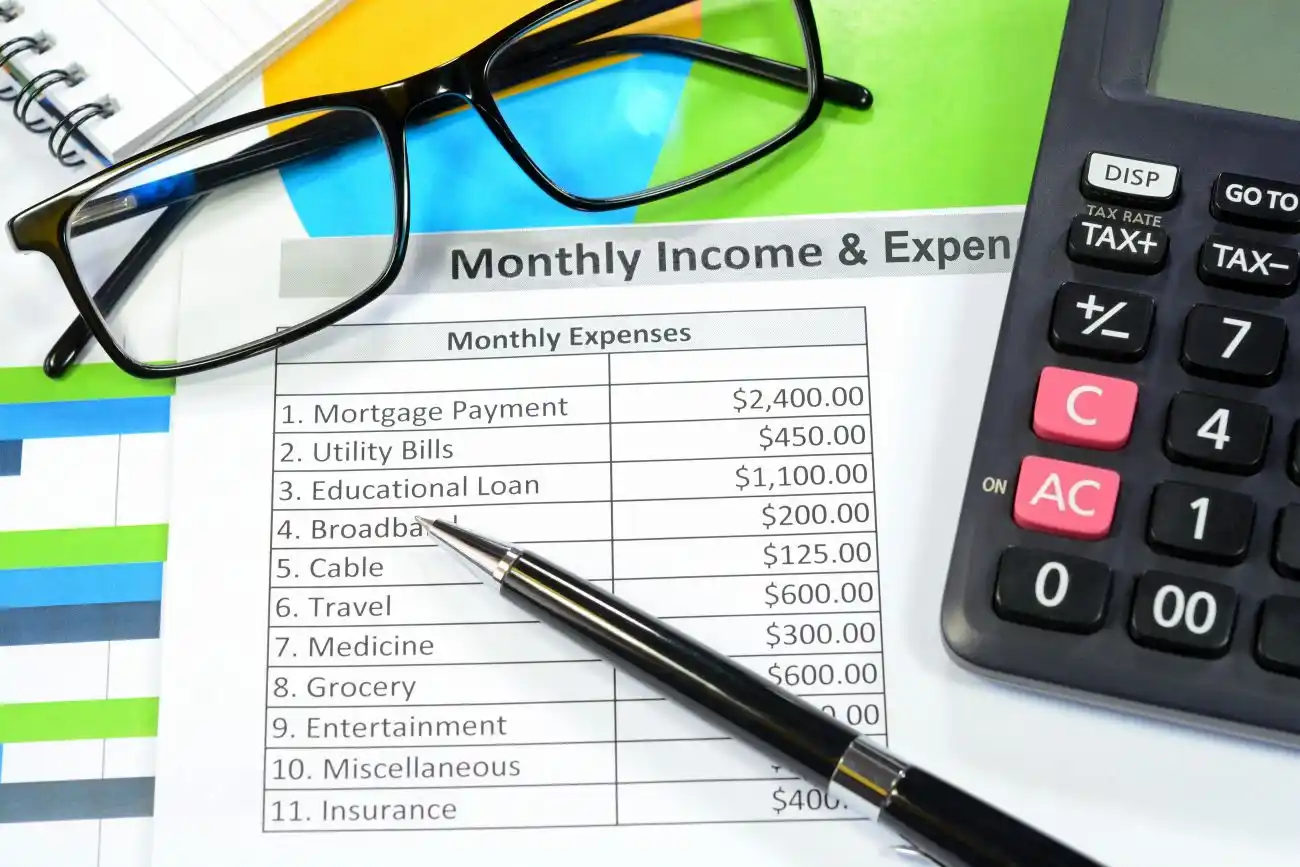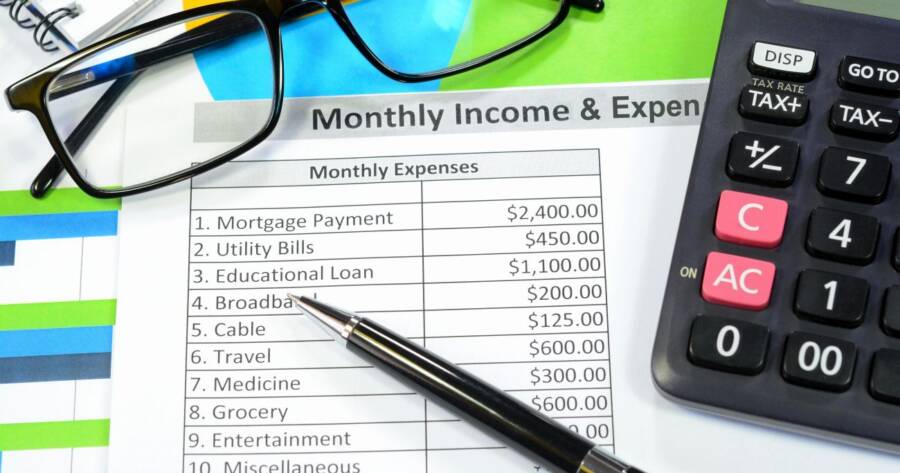Everywhere you look, people talk about budgets. From the federal government budget and state budgets to school budgets and workplace department budgets, you name it, it’s got a budget.
The same should be true for you. Budgeting can help you determine where all your money is going, plan ahead for future events and needs, and save for long-term goals.
Here are some basic rules for establishing and balancing your own home budget.
Where Is Your Money Going?
Find out where your money is going. Many people don’t even know this to begin with.
The best way to do this is to log all the spending that takes place. Do this for a full month and then evaluate where your money is going. You might just be surprised.
Use this log when determining how much you spend on utilities, food, gasoline, and other expenses.
List Essentials
Make a list of all your essentials. This includes:
- Utility bills;
- Food;
- Rent/home payments;
- Transportation, and;
- Insurance.
This list will be the foundation of your budget.
Determine Money You Bring In
Determine how much money you bring home each month.
For some people on a salary, this will be easy since it is the same every month. However, for hourly wage workers, your wages can vary week to week based on how many hours you put in on the job. For this step, hourly workers should consider only the minimum number of hours they are generally promised.
For example, if you’re employed part-time and your employer says you will get at least 20 but no more than 36 hours a week, you should use the income from 20 hours a week as your baseline income. If you’re employed full-time and your employer says you will get a minimum of 32 but no more than 40 hours a week, then use the income based on a 32-hour workweek.
Some of you might be tempted to use overtime as an income source because you frequently get overtime. However, this is a mistake many people make. As such, when the overtime dries up, they find themselves extended too far and living beyond their means.
Determine Expendable Income
With these steps out of the way, you can determine how much expendable income you have. To figure out this number, all you need to do is take what you make in a month and subtract the total of all your essentials.
If the number you come up with is in the negative, then you need to cut some of the “extras” out of your budget. If you’ve got fast food, entertainment, or other optional items on the list at this point, they’ve got to go. If your number still is in the red and you’ve eliminated everything except the true necessities, then it is time for you to make a change in careers. You will either need to find a higher paying job or you might even have to get a second job to make ends meet.
Once you get a number that is in the positive, this will be your expendable income each month. Now, this doesn’t mean you should just go out and blow it. Far from it!
You should take the time to figure out how much of this you can put back into savings. There are two types of savings that you should establish.
One savings stash should be for rainy weather events such as car repairs, unexpected and uncovered medical bills, and house repairs. This will help you prepare for short-term goals.
The second type of savings that you should contribute to each month is long-term savings. This can be as simple as a savings account, a CD, an IRA, or other types of retirement accounts. Many employers have a retirement 401(k) option and will match a percentage of your contributions to such an account.
Consider all of your options and make the choice that best fits your budget and lifestyle.
Conclusion
Finally, once you’ve paid for all of your essentials and contributed to your savings, you have money to spend! This is where the money should come from for entertainment items such as cable TV, Internet services, dining out, and other optional spending.
If this category ends up with no funds in it and you want some expendable cash, you know what you have to do!
 jayk7 / Getty Images
jayk7 / Getty Images







